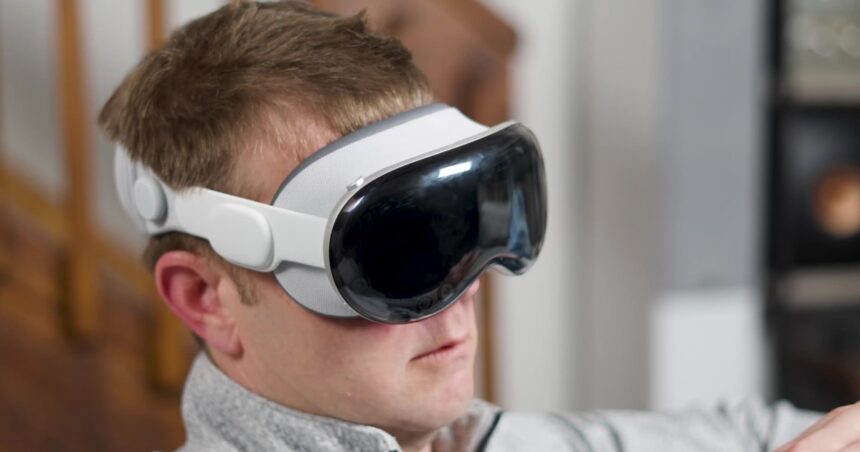The most recent market analysis has not been sort to VR headsets, and the Apple Imaginative and prescient Professional is the headset that suffered the most important drop in market share. In accordance with a brand new market replace, the worldwide VR market declined by 12% year-over-year in 2024, exhibiting that the adoption of those headsets is slowing as an alternative of selecting up tempo.
The updates come from Counterpoint, a analysis agency. In accordance with its newest findings, individuals simply aren’t that into VR headsets anymore. Regardless of the best way the tech has advanced in the previous few years, shipments of VR headsets are dropping as an alternative of rising.
It’s price noting that shipments don’t straight translate to gross sales. We don’t know what number of headsets have truly been bought, however what we do know is that retailers seemingly had no want for frequent restocks, therefore the drop in shipments — and that factors to declining gross sales, too, however these numbers are infrequently made obtainable to the general public.
With that disclaimer out of the best way, let’s dig in. The worldwide VR headset shipments fell by 12% year-over-year, and that is the third consecutive 12 months of declines. Evaluating the ultimate quarter of 2024 to the ultimate quarter of 2023 additionally revealed a 5% drop. Counterpoint cites {hardware} limitations and the truth that there’s simply not sufficient thrilling VR content material available as among the explanation why the market is in decline. The corporate notes that the enterprise market is doing higher, though it hasn’t shared any numbers on that.
Meta, with headsets such because the Quest 3S, dominates the VR headset market, reaching a share of 77% in 2024. That share was even higher within the fourth quarter of the 12 months, when Meta headsets accounted for 84% of the market.
Whereas Meta is hovering, the Apple Imaginative and prescient Professional is struggling to realize market share. The shipments of Apple’s flagship headset dropped by 43% quarter-over-quarter, indicating that many individuals won’t be keen to spend over $3,500 on a VR headset.











